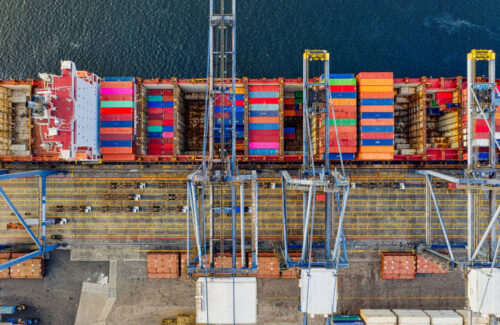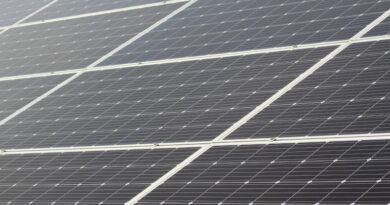Solar industry prepares for Uyghur Forced Labor Prevention Act implementation
Implementation of the Uyghur Forced Labor Prevention Act (UFLPA) officially begins tomorrow, June 21. The legislation was signed into law by President Joe Biden in December 2021 and bans all imported goods from the Xinjiang Uyghur Autonomous Region of the People’s Republic of China unless suppliers can prove the products were not made with forced labor.
 Cotton, tomatoes and polysilicon are under significant scrutiny under the UFLPA. It’s been estimated that almost 50% of the world’s polysilicon comes from the Xinjiang region. The solar industry has already been navigating a Withhold Release Order (WRO) on silicon-based products made by Hoshine Silicon Industry Co., located in Xinjiang, since June 2021. Tomorrow’s UFLPA implementation will supersede the WRO.
Cotton, tomatoes and polysilicon are under significant scrutiny under the UFLPA. It’s been estimated that almost 50% of the world’s polysilicon comes from the Xinjiang region. The solar industry has already been navigating a Withhold Release Order (WRO) on silicon-based products made by Hoshine Silicon Industry Co., located in Xinjiang, since June 2021. Tomorrow’s UFLPA implementation will supersede the WRO.
Hundreds of megawatts of solar panels, likely headed to the U.S. utility-scale market, have been detained because of the WRO. Solar panels from Chinese companies LONGi, JinkoSolar, Trina Solar and Canadian Solar had all been detained for months, even though the companies claim to not use materials from Hoshine.
UFLPA establishes a “rebuttable presumption” that any imports wholly or partially manufactured in Xinjiang is prohibited by Section 307 of the Tariff Act. This “guilty until proven innocent” presumption applies unless U.S. Customs and Border Protection (CBP) determines that the importers have complied with specific conditions.
Industry analysts Roth Capital Partners hosted a webinar last week and noted that the vertically integrated companies that have already been navigating the Hoshine WRO should have guidelines in place to avoid issues during the early implementation of the UFLPA. But now any solar company working in the Xinjiang region — not just those possibly using Hoshine polysilicon — will be under additional scrutiny.
CBP released UFLPA guidelines last week that includes a section on polysilicon imports. In order to comply with the UFLPA, CBP said solar companies must:
- Provide complete supply chain documentation that lists all entities involved in the exported good.
- Provide a flow chart mapping each step in production and identify the region where each material originated.
- Provide a list of all entities associated with each step of production, even if the exporting company did not directly work with them.
The CBP guidelines also state that solar companies that source polysilicon both from within Xinjiang and outside the region risk being subject to detention, as it may be more difficult to verify the products did not co-mingle with Xinjiang polysilicon at any point in the manufacturing process.
The U.S. solar industry is currently facing widespread supply shortages — due to a combination of global supply chain issues, effects of a Dept. of Commerce investigation and WRO detentions. UFLPA implementation may further interrupt supply.
Industry trade groups like SEIA have been working to establish supply chain traceability protocols to assist solar developers and manufacturers in their efforts to use cruelty-free products.
The Department of Homeland Security released a list of companies working in Xinjiang that are known to use forced labor. No down-stream solar companies are listed, but a few polysilicon firms are, including Hoshine, Daqo, GCL and East Hope.
UFLPA is enforceable for eight years, or until the president declares that China has ended “mass internment, forced labor and any other gross violations of human rights … in the Xinjiang Uyghur Autonomous Region.”
You may also like:
<!–
–>
Original Source: https://www.solarpowerworldonline.com/2022/06/solar-industry-prepares-for-uyghur-forced-labor-prevention-act-implementation/













